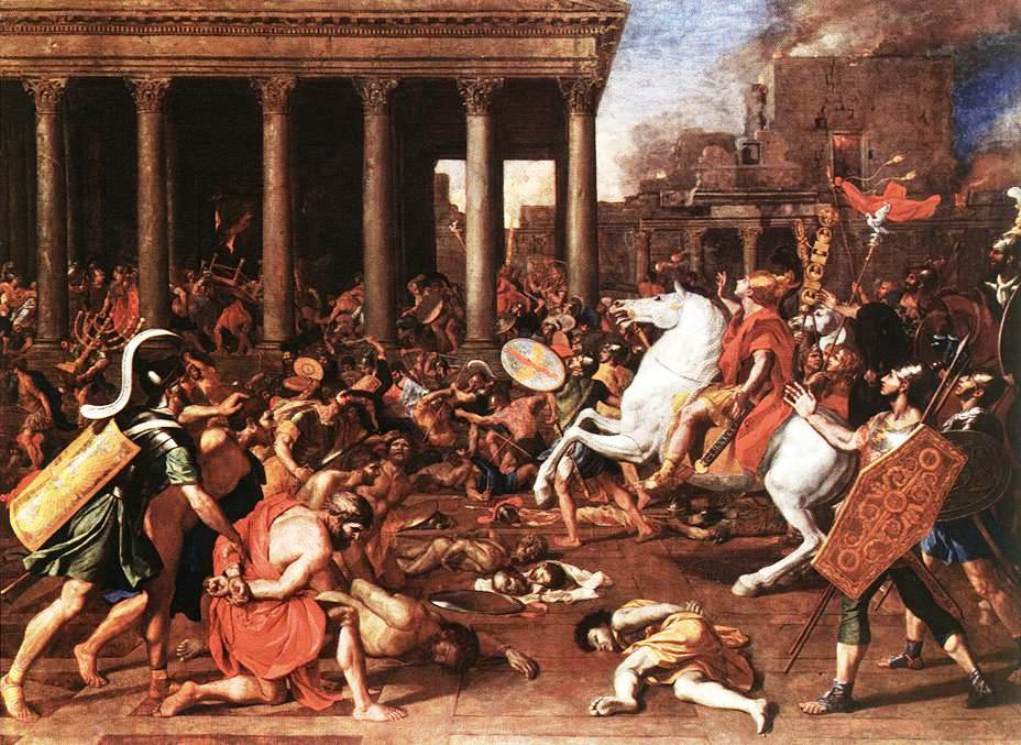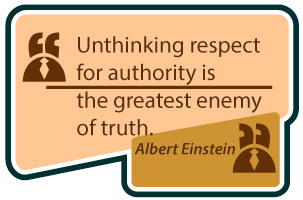 It struck me some time ago that the people we think of as “geniuses” tend to arrive, over time, at surprisingly similar sets of conclusions. It further strikes me that a simple list of such thoughts might be of value.
It struck me some time ago that the people we think of as “geniuses” tend to arrive, over time, at surprisingly similar sets of conclusions. It further strikes me that a simple list of such thoughts might be of value.
And so, here is a list pulled from my quotes file and presented without commentary. Enjoy: Continue reading “What Geniuses Believe”

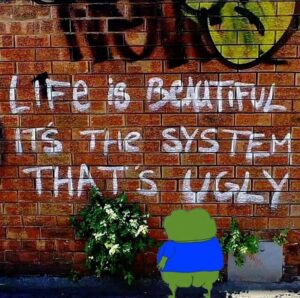 Millions of decent people are spending their time and energy, trying to identify the secret bad guys of the world, then to prove that they’re right.
Millions of decent people are spending their time and energy, trying to identify the secret bad guys of the world, then to prove that they’re right.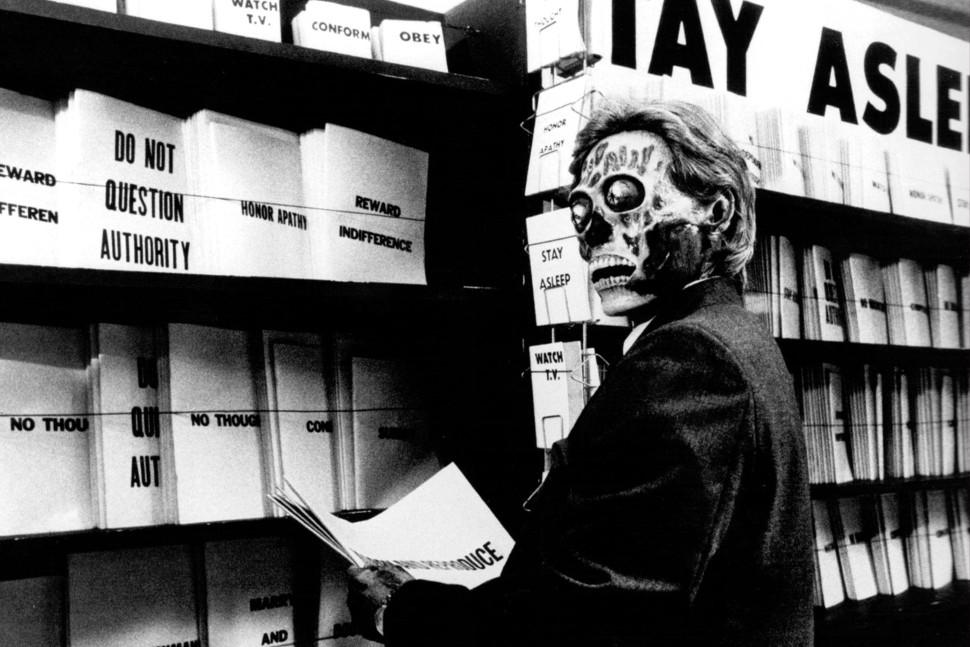
 Things have changed in the US since the Covid disaster, chief among them the attitude of the populace. Productive people are now speaking openly about the corruption of American institutions and their desire to return to a more traditional American culture.
Things have changed in the US since the Covid disaster, chief among them the attitude of the populace. Productive people are now speaking openly about the corruption of American institutions and their desire to return to a more traditional American culture. 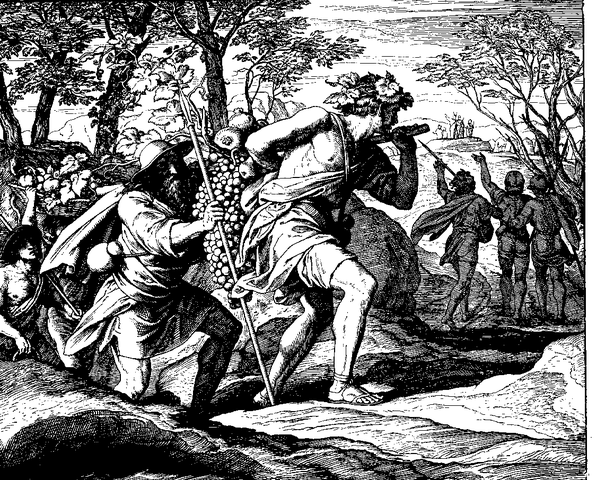 The title of this post, live dangerously and you live right, comes from the great author Johann Wolfgang von Goethe, and he was ever so correct. The life of meek obedience is a sin against the self. It is a surrender of mind and passion. It’s a half life at best.
The title of this post, live dangerously and you live right, comes from the great author Johann Wolfgang von Goethe, and he was ever so correct. The life of meek obedience is a sin against the self. It is a surrender of mind and passion. It’s a half life at best.  All of us with husbands and wives
All of us with husbands and wives  I dislike using “medieval” in any sort of negative context, since that has been done so often and so unfairly. This time, however, I will, and that’s because, historically, fighting about words really is medieval.
I dislike using “medieval” in any sort of negative context, since that has been done so often and so unfairly. This time, however, I will, and that’s because, historically, fighting about words really is medieval.  (Originally published August 31, 2020.)
(Originally published August 31, 2020.)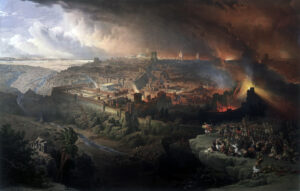 Having recently experienced violent idealists roaming our streets, burning things, breaking things and generally enjoying the fact that they can scare people, I think a brief explanation of how idealism leads to destruction and death is in order.
Having recently experienced violent idealists roaming our streets, burning things, breaking things and generally enjoying the fact that they can scare people, I think a brief explanation of how idealism leads to destruction and death is in order. 